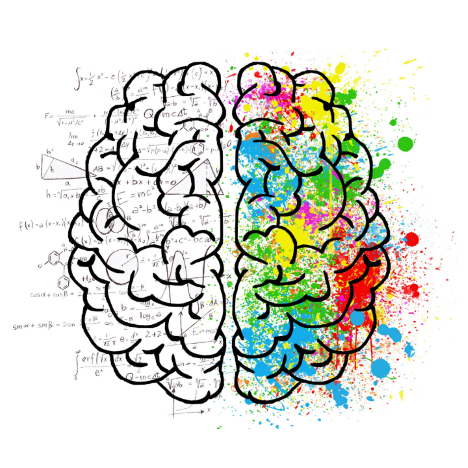Did you know that hearing health impacts not only your physical, but also your emotional and mental wellbeing? Most people don’t realize how important, or how complex hearing is. It’s the one sense we just don’t think about.
We experience the richness of life through our ears and don’t even notice. If a grilled cheese sandwich doesn’t sizzle, it doesn’t arouse our appetite in the same way. When we want to describe a city as exciting, we tend to focus on the bustling crowd and the urban beat. For nature it’s the bubbling of a brook, chirping birds or rustling leaves.
Sound injects feeling into experiences that would otherwise be mute, flat, and distant.
When we truly understand how complex the hearing mechanism is, it is easier to understand why it is a good idea to make hearing health part of our self-care anti-aging regimen, to maintain mental and physical wellness.
Hearing loss and cognitive function are related. The correlation between untreated hearing loss and cognitive decline is well documented. Hearing loss makes social interaction more difficult, reduces the ability to connect with others, and often leads to isolation and decreased physical activity. This results in a marked decline in physical and even mental health. Recent research has uncovered that untreated hearing loss in mid-life is the most significant factor in the later onset of dementia(!).
This discovery is shocking, but it is also good news. Awareness of the significance of hearing health, coupled with the realization that hearing degradation is a natural part of life, is the first step to implementing mitigatory care.
The challenge is in overcoming the psychological and financial barriers to seeking care. 15% of the general population experience some level of hearing loss but because degradation is gradual, many don’t recognize the decline until it becomes serious. On average it takes 7 years from the moment a person accepts that he or she is experiencing hearing loss to the point where they start to seek treatment.
When hearing loss is ignored and left untreated, the auditory system is deprived of sound, resulting in subsequent atrophy of the auditory nerves and speech processing areas of the brain. In other words, untreated hearing loss goes beyond the ears to affect the brain itself. Unfortunately, technological solutions cannot fully compensate for the physical and mental capabilities which are lost when ears go untreated. Severe hearing loss needs to be treated with hearing aids or surgery, solutions that are both expensive and complicated.
So how can we attain the best possible hearing health and maintain a high quality of life, for as long as possible?

3 steps for keeping the ears young and the mind sharp
Step 1: Awareness
Understanding that hearing matters can help us protect ourselves and those we love. Try to notice if you or someone close to you frequently asks people to repeat themselves, has trouble making out conversations in noisy places, or gets frustrated trying to understand dialogue on TV.
Step 2: Prevention
Age-related hearing loss is something most of us will eventually experience ourselves or in someone close to us. Preventative care can help delay onset so it is a good idea to protect the ears whenever possible. Avoid environments that are extremely loud, especially when the volume remains intense over extended periods of time. But what if you are a factory worker? Or work in a bar? Prepare in advance! Use protective gear, a headset or earplugs. It’s better to be safe than sorry!
Step 3: Get hearing help early!
Implementing assistive hearing solutions sooner, rather than later, addresses hearing challenges when the problem is mild to moderate. This is a way to keep the ears young and the mind sharp and help avoid worse problems in the future. BeHear hearables for example, are hearing enhancement solutions that provide the audio quality of hearing aids at the price of competing hearables. BeHear’s sophisticated technology provides a customizable solution that enables the wearer to self-tune and control his or her own hearing without having to go through the complex and expensive process of getting a hearing aid.

